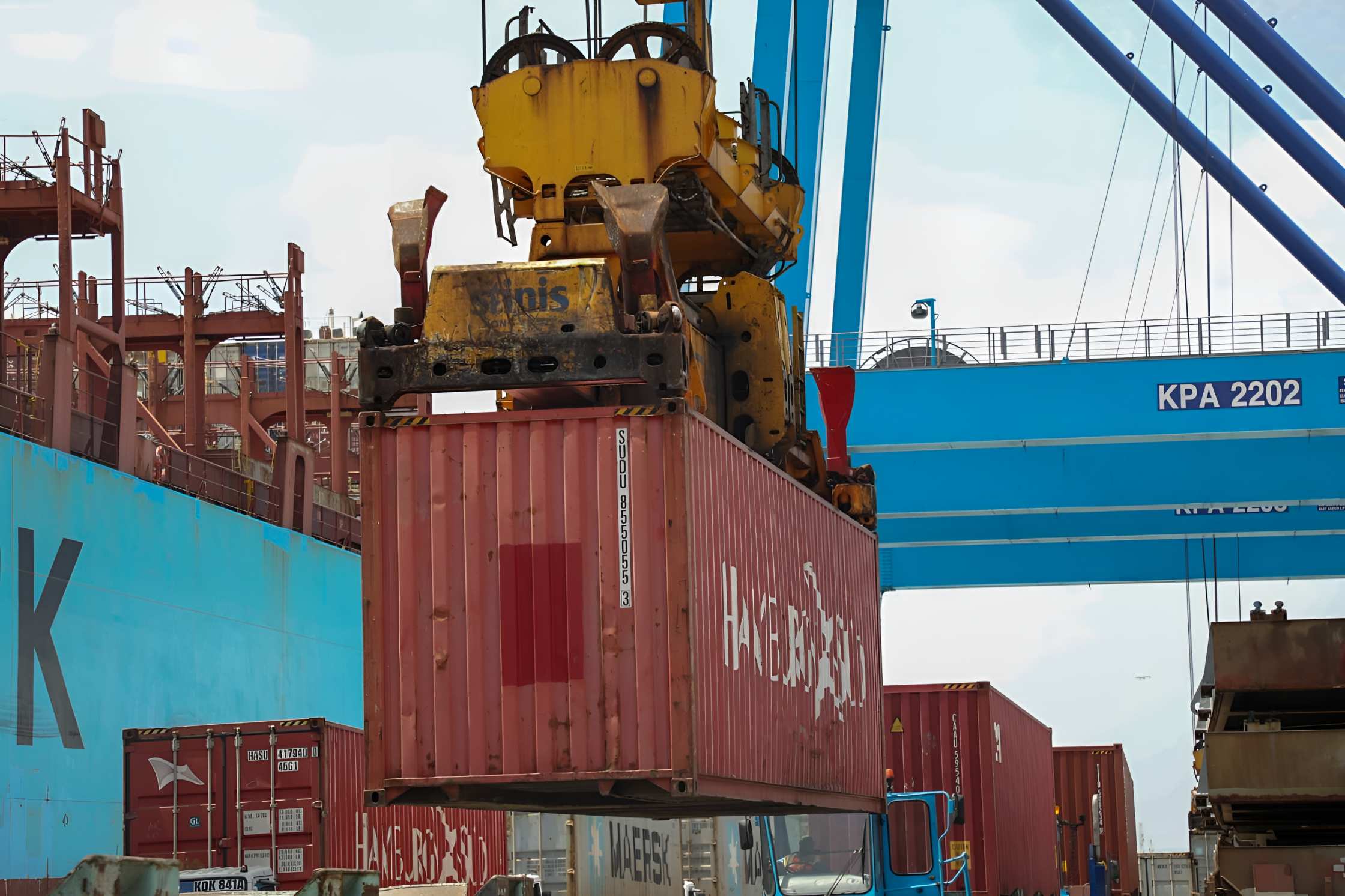The World Bank has raised concern over worsening congestion and low operational efficiency at the Port of Mombasa, placing it among the lowest-ranked container ports globally in its latest performance index.
The 2020–2024 Container Port Performance Index (CPPI), developed jointly with S&P Global Market Intelligence, ranks Mombasa 375th out of 403 global ports this year with a CPPI score of –89.
Over the five years reviewed, the port posted scores of –31 in 2020, –11 in 2021, –81 in 2022, –32 in 2023, and –89 in 2024, pointing to persistent inefficiencies.
The index measures the turnaround time of container vessels and reflects how efficiently ports enable ships to save on fuel use and emissions. The consistently negative scores show that Mombasa continues to face congestion and delays in vessel handling.
The report attributes the poor performance to long-standing structural problems facing many ports across sub-Saharan Africa.
“Sub-Saharan Africa continues to face persistent structural challenges, including limited automation and weaker hinterland connectivity. The Red Sea crisis added further strain in 2024,” the report stated.
Neighbouring Tanzania has fared slightly better. The Dar es Salaam port posted CPPI scores of –176 in 2020, –72 in 2021, –80 in 2022, –53 in 2023, and –53 in 2024, showing greater stability despite remaining in the lower tier globally.
“Independent of developments over time, ports in low-income countries, including most ports in Africa, are more likely to show lower port performance. This can be partly due to lower technological, human, and institutional capacities,” says the report.
During a recent function in Mombasa, President William Ruto acknowledged that port infrastructure must be improved to keep up with growing cargo volumes.
He announced that the government has set aside Sh41 billion for expansion works at the port.
The facility is targeting more than 2.4 million twenty-foot equivalent units (TEUs) this year, up from two million TEUs recorded in 2024. To achieve this, Kenya Ports Authority (KPA) plans to expand Terminal 19 after demolishing the old Kipevu oil terminal.
The World Bank report also highlights contrasting progress in West Africa. Dakar Port in Senegal recorded one of the biggest improvements, with its CPPI rising from –82 in 2023 to 23 in 2024, making it the top-ranked port in sub-Saharan Africa. Cotonou Port in Benin also improved sharply, moving from –243 to –17 in the same period.
Lagos Port in Nigeria, however, remains weak, with its CPPI declining from –16 in 2023 to –24.2 in 2024.
Southern Africa posted mixed results. Cape Town remained among the lowest globally at –281 in 2024, though it improved from –519 the previous year. Durban continued to struggle, slipping from –206 in 2023 to –721 in 2024.
The report notes that long waiting times at anchor have hurt the CPPI scores of Durban and Cape Town, while the time vessels spend at berth has remained largely unchanged between 2023 and 2024.
